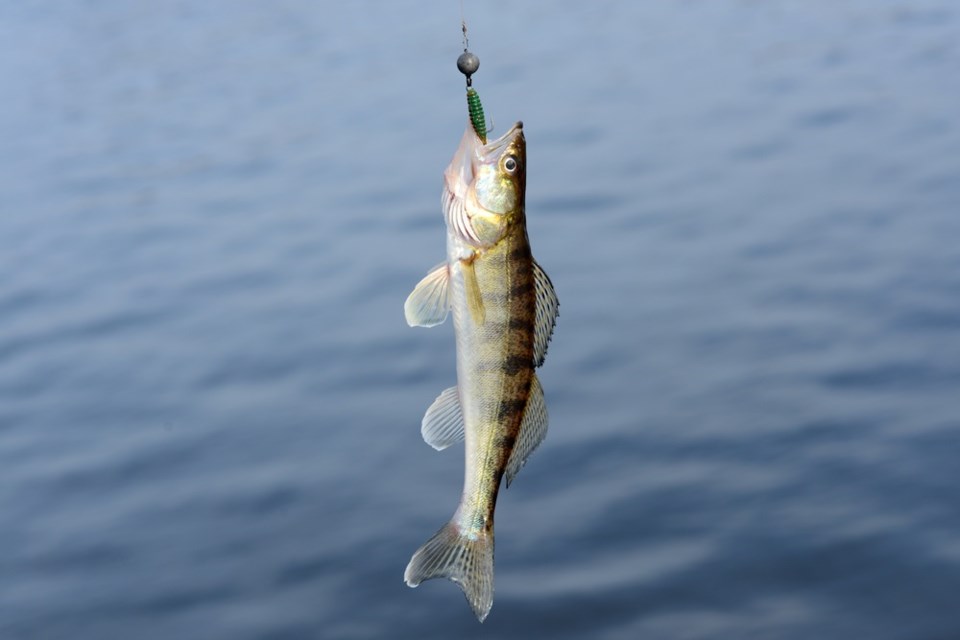The decision by the MNRF to not close the winter fishing season on Lake Nipissing is not sitting well with Chief Scott McLeod of the Nipissing First Nation.
The MNRF said this morning that it will do a study of walleye mortality rates instead.
See: MNRF won't close Nipissing ice fishing season this winter
"It's kind of typical as far as I'm concerned," McLeod told BayToday, "They're skirting around the reasons whey they're not going to do it and using things like 'we're going to do more studies on it' and it's not just Nipissing First Nation but people, in general, are tired of hearing that kind of talk."
McLeod says the ministry already has a study by Richard Rowe on winter mortality rates of catch and release and questions why another one is being done.
"No matter how you slice it, it equates to more dead fish. You'd think they'd follow it up with real action and not just another study."
The Chief also has concerns about the study released Wednesday.
See: Lake Nipissing Fisheries Review completed
While McLeod agrees with the conclusion of the review data, he says there are a couple of things missing that weren't in the mandate of the expert panel to comment on. One is the history of the lake and how we've come to the current situation, saying the decline happened in the 50's and 60's.
"It's been on a decline ever since and notably in the 70's and 80's from fishing pressure and harvest levels. The reality is the First Nation commercial fishing was suppressed from the late 1900's till about 1988 when we put forth a court challenge. That's when we started fishing, and in 2000 when our fishing became at a level that we see today, so the damage was already well on the way. Just because the recreational fishery has taken a back seat it doesn't mean it doesn't have any responsibility for where we're at today. Now that our's is the predominant fishery the lights come on and out hand's in the cookie jar."
McLeod also says the report didn't look at what he calls the "elephant in the room".
"The data only goes to 2015. Our moratorium was implemented 2016 so the stuff we've been doing this year is not on the radar. So our efforts, which had almost 100 per cent compliance, our increased regulation enforcement, and compliance that we're working in conjunction with the ministry, none of that is shown as moving forward from where we were in 2015. Everyone is blaming the NFN that the sky is falling and 'it's all your fault' when they aren't looking at the history of the lake."
See: Nipissing First Nation Council Moves to Close Commercial Walleye Fishery
The NFN has taken a lot of criticism over its inability to make all it's fishermen comply with the moratorium but McLeod says that something the Indian Act has caused.
"It was imposed on us and took away a lot of our jurisdictional rights. It's that document that's keeping us from fully being jurisdictional over all our members. It's also the treaty right that doesn't allow the ministry to fully enforce laws over our own band members so it's all papers and the legislation that the government created that we're in this mess yet we're the ones who get blamed for it.
The Chief wants to solve the problem by managing the fishery within sustainable parameters and claims that's what the band is moving to.
